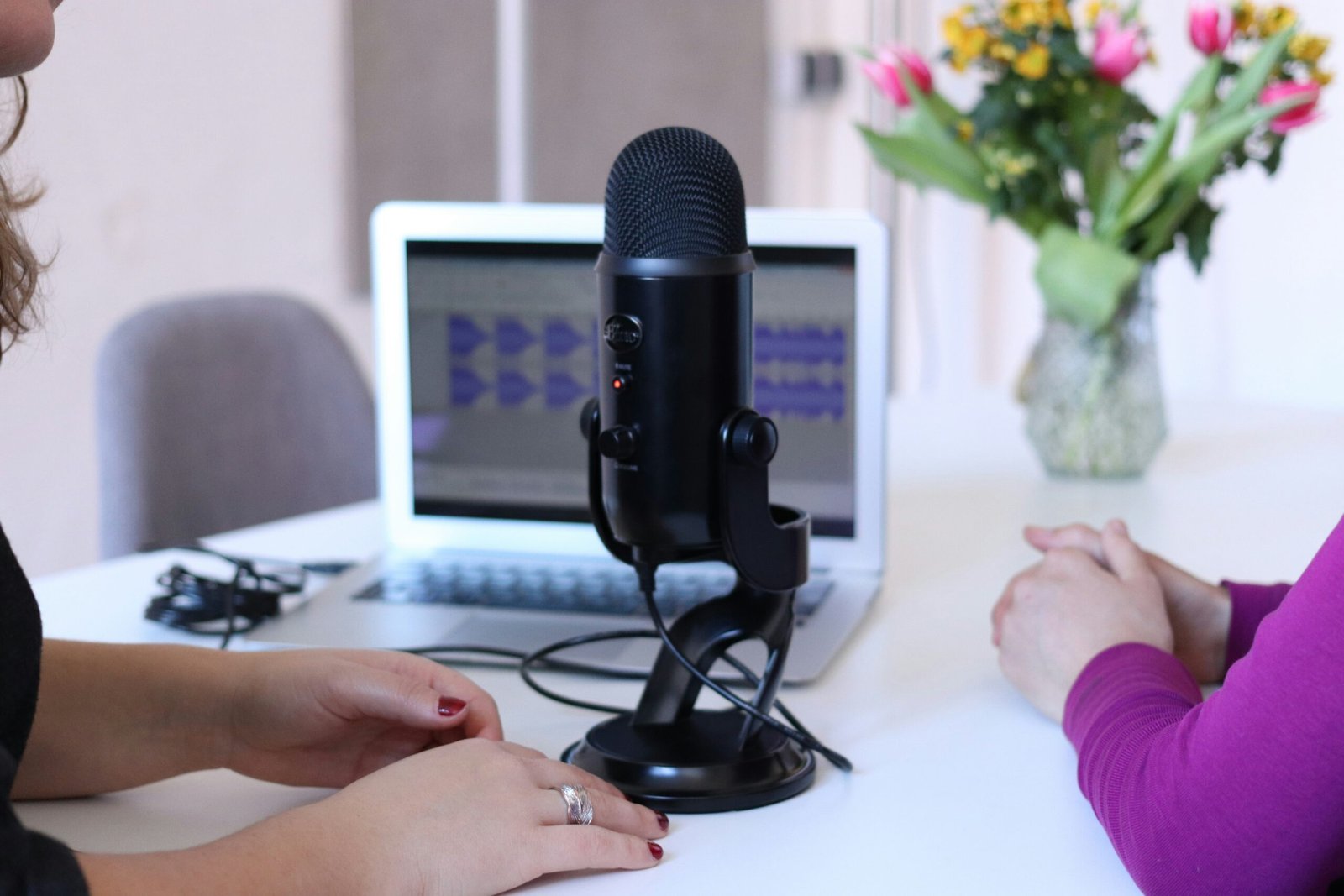Introduction
Podcasting has become a popular medium for sharing information, stories, and entertainment. If you have a passion for a particular topic and want to share it with the world, starting your own podcast can be a rewarding endeavor. In this step-by-step guide, we will walk you through the process of creating and launching your own podcast.
Step 1: Define Your Podcast Concept
The first step in starting a podcast is to define your podcast concept. Think about the topic you want to cover, your target audience, and the format you want to use. Choose a niche that you are knowledgeable and passionate about, as this will help you create engaging content.
Step 2: Plan Your Episodes
Once you have defined your podcast concept, it’s time to plan your episodes. Create a list of episode ideas and outline the content for each episode. Consider the length of your episodes, the structure, and any guests or interviews you want to include. Planning your episodes in advance will help you stay organized and ensure a consistent flow of content.
Step 3: Gather Your Equipment
To start your podcast, you will need some basic equipment. This includes a good quality microphone, headphones, and recording software. There are many affordable options available, so do some research to find the best equipment within your budget. Remember, the quality of your audio is crucial for a successful podcast.
Step 4: Record and Edit Your Episodes
With your equipment ready, it’s time to start recording your episodes. Find a quiet space where you can record without any interruptions. Use your recording software to capture your audio. After recording, take the time to edit your episodes. Remove any mistakes, add music or sound effects if desired, and ensure a smooth listening experience for your audience.
Step 5: Choose a Podcast Hosting Platform
Once your episodes are recorded and edited, you need to choose a podcast hosting platform. This is where your episodes will be stored and distributed to various podcast directories such as Apple Podcasts, Spotify, and Google Podcasts. Look for a hosting platform that offers reliable hosting, analytics, and easy distribution to major podcast directories.
Step 6: Create Podcast Artwork and Description
Before launching your podcast, you need to create eye-catching artwork and write a compelling description. Your artwork should reflect the theme of your podcast and attract potential listeners. The description should provide a clear overview of what your podcast is about and why people should tune in.
Step 7: Submit Your Podcast to Directories
Once you have your episodes, hosting platform, artwork, and description ready, it’s time to submit your podcast to directories. This step is crucial to make your podcast discoverable to a wider audience. Submit your podcast to popular directories like Apple Podcasts, Spotify, and Google Podcasts, and ensure that you follow their submission guidelines.
Step 8: Promote Your Podcast
Now that your podcast is live, it’s time to promote it. Utilize social media platforms, your website or blog, and other relevant channels to spread the word about your podcast. Engage with your audience, encourage them to subscribe and leave reviews, and consider collaborating with other podcasters or influencers in your niche to expand your reach.
Step 9: Consistency is Key
Consistency is key when it comes to podcasting. Set a regular schedule for releasing new episodes and stick to it. This will help you build a loyal audience who knows when to expect new content from you. Stay committed to your podcast and continue to improve your skills and content with each episode.
Conclusion
Starting your own podcast can be a fulfilling and exciting journey. By following these step-by-step instructions, you can create and launch your own podcast with confidence. Remember to choose a compelling concept, invest in good equipment, plan your episodes, and promote your podcast to reach a wider audience. With dedication and consistency, your podcast can become a valuable resource for your listeners and a platform to share your passion with the world.
